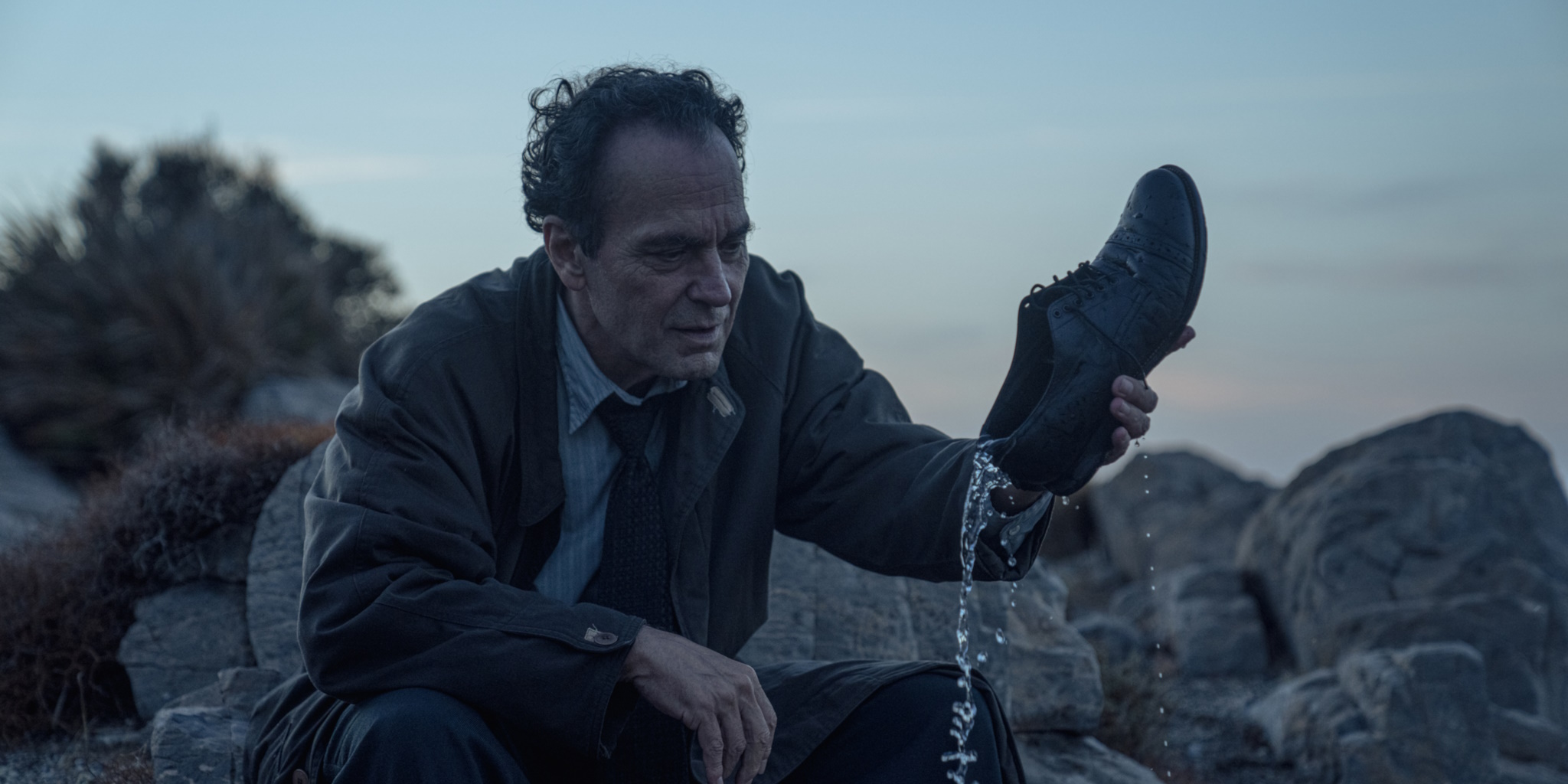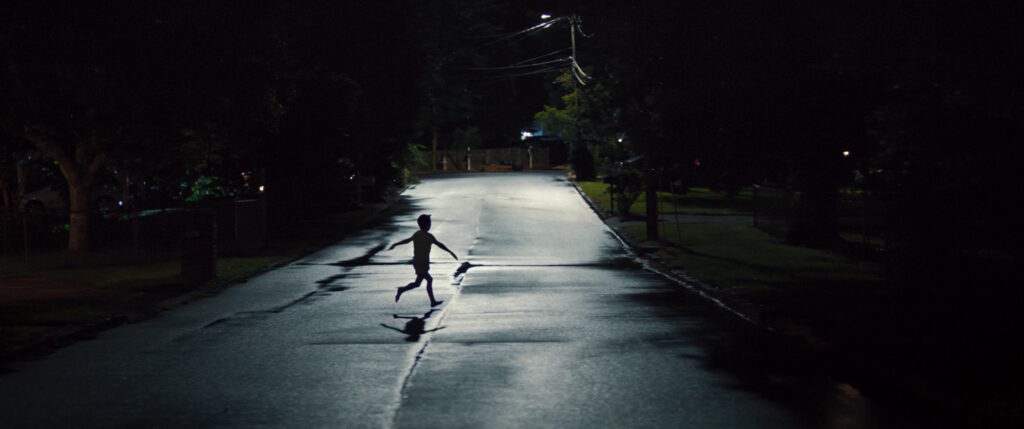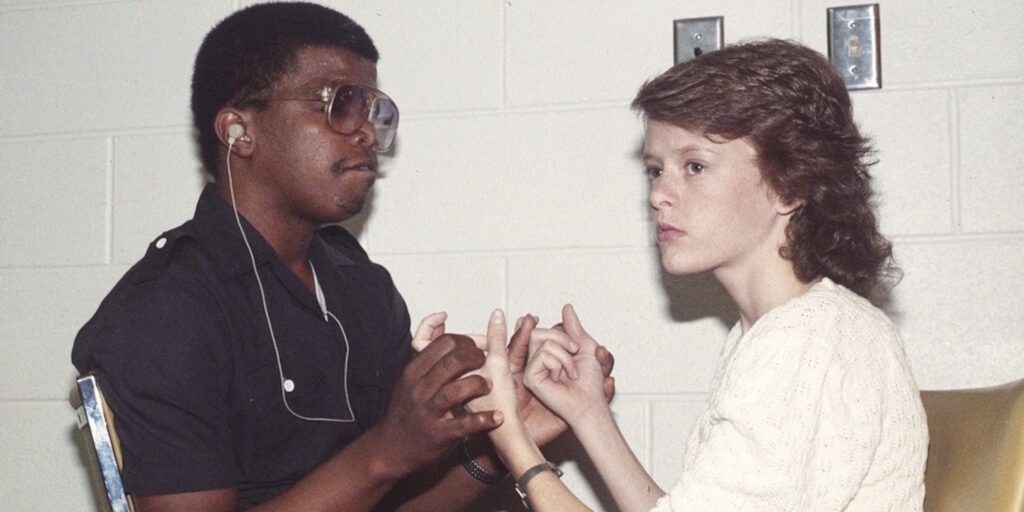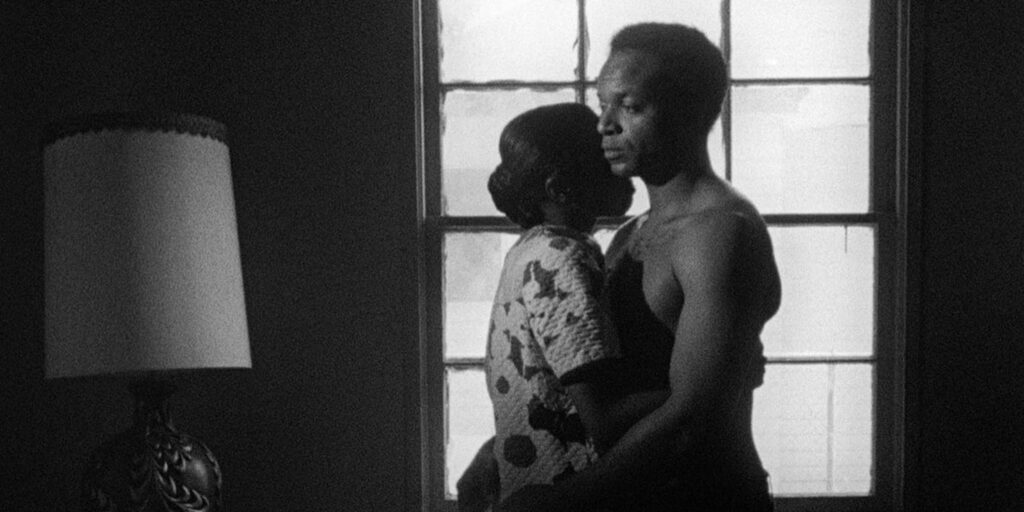They say time heals all wounds, but such an expression long pre-dates the advent of the motion picture: a living thing that has the power to continually open those stitches before they ever get a chance to close up. This is precisely the notion that concerns in Close Your Eyes, Víctor Erice’s triumphant return to filmmaking. It goes like this: Back in the 1990s, actor Julio Arenas (José Coronado) filmed the greatest performance of his career, then vanished from set. He — and the film — would never be seen again. Director Miguel Garay (Manolo Solo) clung to what little footage he shot, filing it away for safekeeping for the next 20 years. By the 2010s, the legend of Julio Arenas and the unfinished Garay film is as fabled as Jerry Lewis’s closely guarded The Day the Clown Cried or Orson Welles’s long-lost original cut of The Magnificent Ambersons (1942).
When Garay gets a call from Unresolved Cases, a fictional Spanish-language take on the U.S.’s syndicated cable classic Unsolved Mysteries, he makes the surprising choice to accept their offer for an interview about Arenas’s baffling disappearance. This includes appearing on-camera, talking about the loss of his close friend-turned-lead actor, and signing away the film itself. It’s a decision that baffles his longtime friends and associates, but one that Garay ultimately hopes might elicit some answers — and, more than anything, some closure — to the puzzling circumstances surrounding Julio’s last days. Like a broken bone that never healed properly, the complex situation needs to be fractured again if healing is ever going to occur.
For those familiar with Spanish cinema, the parallels between Erice’s career and Garay’s need no explanation. Though he has produced an assortment of short films over the decades, Erice has only made four feature-length films including his 1973 debut The Spirit of the Beehive and Close Your Eyes. What’s more, Erice put nearly a decade between his first feature and his second — the half-finished El Sur (1983) — and another between that and Dream of Light (1992). This was followed by a 30-plus-year gap between Dream of Light and Close Your Eyes. As such, it’s not a stretch to imagine Erice regarding his films the same way Garay does his own works. Knowing that El Sur was never truly completed, Garay’s internal wrestling match with the fallout of his own unfinished work feels that much more poignant.
This shines through brightest in the quietest moments. As Garay reflects back on the ‘90s shoot, imagining what may have happened to Arenas and examining old photographs of his final movie’s star, there’s this tangible sense of solemnity that washes over the scene. It’s a despair that only a venerable pro who’s been through something similar could evoke. Erice hasn’t been inactive since Dream of Light — not like Garay, at least, who never worked on another project again, short or otherwise — but one can understand why he’s so easily able to tap into the emotions of a self-effacing filmmaker that assumes time (read: audiences) has forgotten him. (And what a setup it makes for the second half of the film, which delves even deeper into the true nature of memory.)
“Miracles haven’t existed in movies since Dreyer died,” Garay’s longtime friend and collaborator Max (Mario Pardo) tells him derisively — one of several callbacks to 1940s and ‘50s auteurs alongside Charlie Chaplin and Nicholas Ray, F. W. Murnau and Howard Hawks. However, as it turns out, Close Your Eyes is itself a miracle. First and foremost, it’s a wonder that it even exists, a fact emphasized by the lengthy cavalcade of production companies names during the opening credits, a visual reminder of just how many moving parts had to align with the stars to bring audiences a new Erice. Beyond this, Close Your Eyes is also a feat of late-era filmmaking, joining the ranks of stateside contemporaries like Martin Scorsese’s The Irishman (2019) and Steven Spielberg’s The Fabelmans (2022) as another aging director reckons with a career in the arts and its impact on their loved ones and the craft at large.
As unhurried and introspective as the best work from his 70- and 80-year-old peers, Erice’s expert handle on the story (credited to him, with a script co-written with Michel Gaztambide) yields exactly the sort of level-headed pacing and tone that makes a nearly three-hour runtime feel like a fraction of that. Garay’s conversations with close friends, former colleagues, and estranged family add considerable depth, preventing Close Your Eyes from turning into a self-centered look at an artist’s deep-seated grievances with those who held him back. Instead, it’s a big, broken-hearted ode to the paradox of the motion picture: a living memory, immortal yet futile, newborn but dying, larger than life and handled with care.
Close Your Eyes screens nightly at 7:00 p.m. on Sep. 13 – 15 at the Webster University Film Series.




